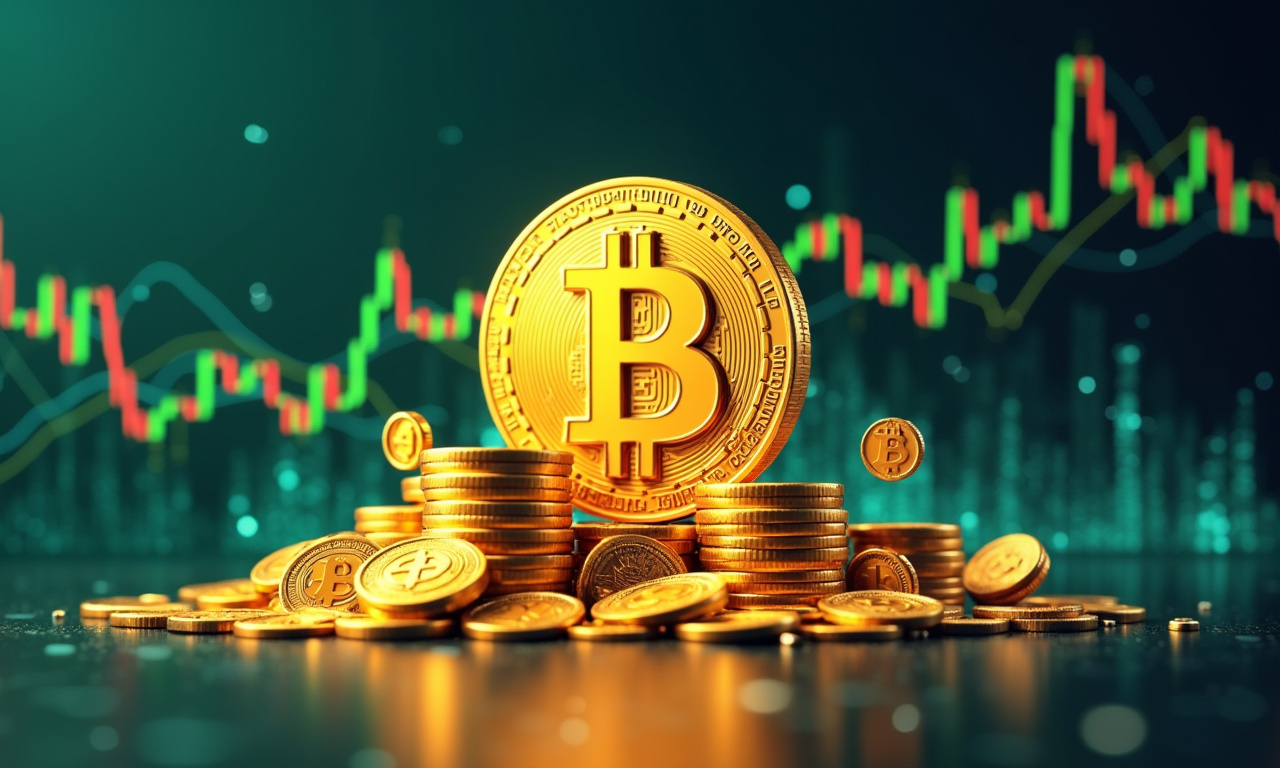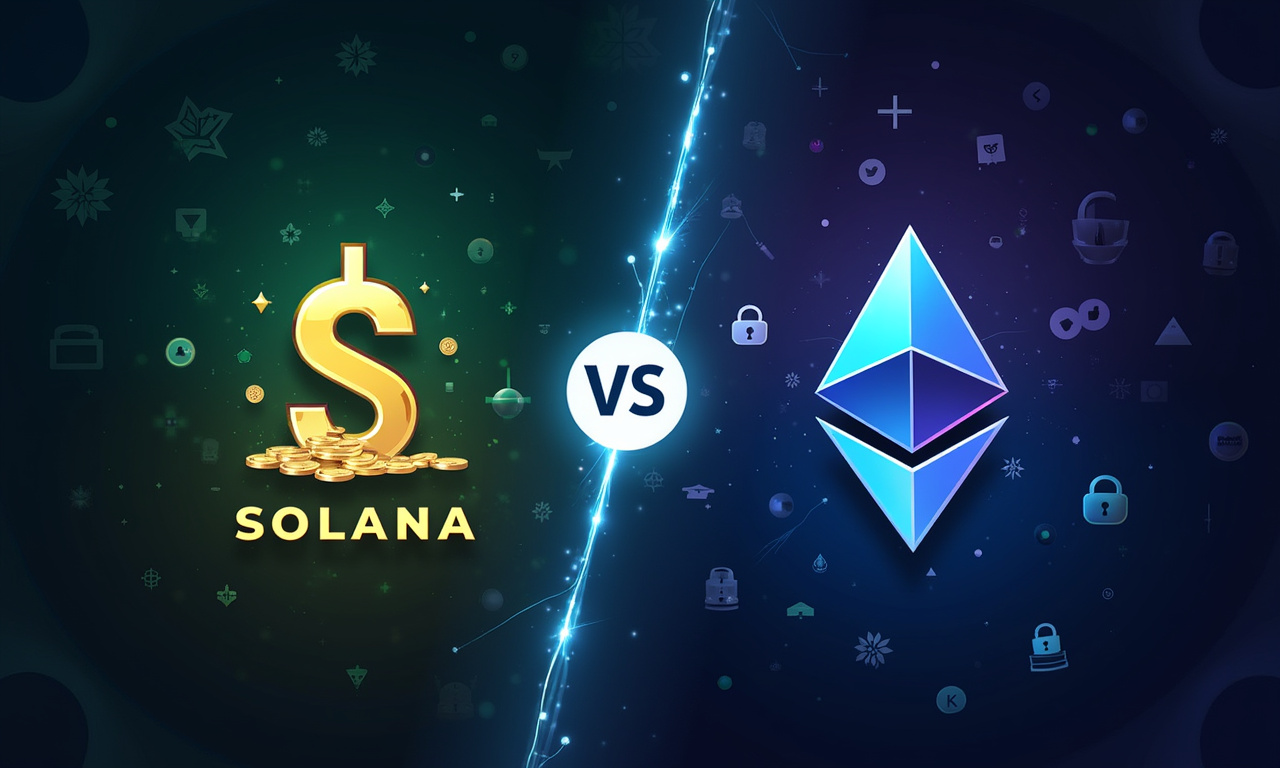
The crypto landscape in 2025 will look much different than the Wild West days of yore. Increased adoption doesn't equal increased safety. In fact, it draws a more visible bull’s eye on your back. As you’ve likely seen, experienced the hype, the promises of easy riches and decentralized freedom. Before you dive headfirst into this world, let's talk about something far more important than profits: protecting what you already have.
Are Hot Wallets Really Worth It?
Hot wallets are convenient. I get it. Which is a big part of why they’re so popular, even in this era, particularly with newcomers. Features such as wallet onboardings feature-rich interfaces that eliminate token exchange as a barrier, making them an obvious on-ramp. Think about this: ease of use often comes at the expense of security. It’s the equivalent of leaving your house keys under the welcome mat – easy for anyone to find.
As concepts go, that “full-service financial dashboard” in your pocket sounds pretty dreamy. It makes the network vulnerable by creating a single point of failure. One breach, one phishing attack, one day you misplace that thumb drive, and poof, you’re in a world of hurt. Now, think of the unintended consequence of having to use just one app for everything you do in crypto. It’s sort of like keeping all your money in one easily pickpocketable virtual piggy bank.
Let’s be honest though, this “no KYC required” onboarding that many wallets promote is frightening. It’s a red flag, not a value add. As tempting as that is from a privacy standpoint, it invites the opposite kind of scrutiny. Regulators are already circling the crypto space like vultures. Wallets that circumvent KYC processes will inevitably come under much greater scrutiny and may even have their funds frozen or terminated altogether. Just keep in mind that what is convenient today may lead to a payday lender-esque financial disaster tomorrow.
Cold Storage: The Price of Peace of Mind
Cold wallets, such as Ledger or Trezor, are the impenetrable castles of the crypto ecosystem. They’re safe, sure, but they’re a royal pain in the neck. No lightning quick swaps, no DeFi plug ins, no spontaneous purchases. Bank vaults are the most secure storing facilities in the world. It’s inconvenient for everyday spending.
That inconvenience is the price of peace of mind. Think of it like this: you wouldn't leave your life savings in your checking account, would you? You’d grow it, safeguard it, and put it to use in new ways. The same principle applies to crypto. Your large crypto holdings are better off in cold storage, end of discussion.
So don’t let the ease of use of hot wallets lull you into a false sense of security. They’re meant to invoke safety, but feeling safe and being safe are two entirely different realities. The hard truth is that if you want to play in the crypto game, you’re going to have to start being responsible for securing your own assets. Accept that burden, even if it requires sacrificing some convenience.
Are You Really Ready For DeFi?
Wallets in 2025 are going to be full-blown DeFi command centers. That's great... in theory. Are you really ready for DeFi? Have you done your homework to gauge those risks in your project’s context? Impermanent loss, rug pulls and smart contract vulnerabilities are three major dangers. They can erase your ROI in a heartbeat, so be on your guard!
Integrating DeFi tools directly into your wallet might seem like a shortcut to financial freedom. It's more like handing a loaded weapon to someone who's never fired a gun before. You may be able to nail the bullseye, but you’re equally likely to end up with a self-inflicted gunshot wound.
Consider this unexpected connection: DeFi is like high-frequency trading. It takes expertise, 24/7 attention, and the ability to absorb a lot of risk. If you wouldn’t trust yourself to day trade stocks, don’t make a DeFi leap. Why gamble your hard-won crypto on such a convoluted and complicated process?
The Bottom Line: Responsibility is King
Ultimately, the security of your crypto wallet comes down to one thing: personal responsibility. No wallet, however revolutionary, can save you from your own ineptitude. Strong passwords, two-factor authentication, regular backups – cybersecurity 101 stuff, this is the bare minimum.
Don't fall for the hype. Don't chase the latest shiny object. Do your research and learn about the risks to be aware of. From there, select a wallet that fits your risk tolerance and security requirements. The crypto space is one of the most amazing opportunities. Unfortunately, it calls for a heightened level of caution and independence that most Americans are not prepared to adopt.
Remember, your financial future is in your hands. Choose wisely.

Tran Quoc Duy
Blockchain Editor
Tran Quoc Duy offers centrist, well-grounded blockchain analysis, focusing on practical risks and utility in cryptocurrency domains. His analytical depth and subtle humor bring a thoughtful, measured voice to staking and mining topics. In his spare time, he enjoys landscape painting and classic science fiction novels.








